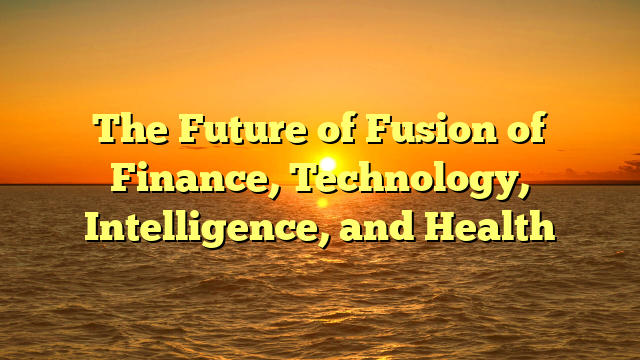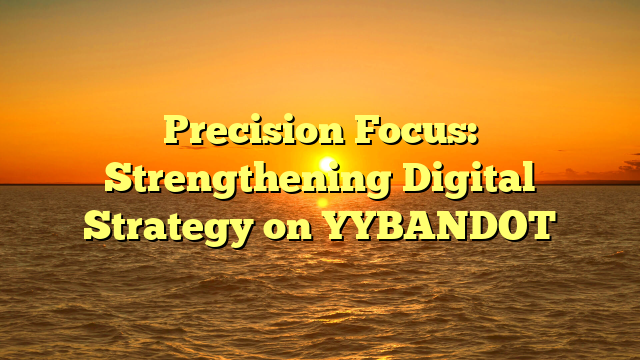
The Future of Fusion of Finance, Technology, Intelligence, and Health
As the modern age accelerates, the intersection of finance, technological innovation, intelligence, and health is redefining how we interact. These domains, once seen as separate, are now interconnected, creating new possibilities for individuals, businesses, and governments alike.
Finance in the Digital Age
Finance has undergone a significant transformation due to progress in technology. Legacy financial institutions are now being disrupted by fintech startups.
E-wallets like Google Pay are gaining popularity as mainstream payment options, reducing the need for in-person transactions. Additionally, the emergence of cryptocurrencies such as Solana has opened new frontiers for investment and trade.
Smart contracts, powered by distributed ledger technology, are changing the way we handle legal obligations. These contracts execute automatically once conditions are met, minimizing the need for intermediaries.
togel singapore Between Technology and Wellbeing
Modern tech is not only reshaping the financial landscape but also enhancing the healthcare sector. Through wearable devices like fitness bands, individuals can now track their sleep patterns in real time.
Online medical consultations has become commonplace, especially after the COVID-19 pandemic. Patients can access healthcare professionals without having to visit hospitals physically, thus saving time and reducing exposure.
On the financial side, technology has also enabled instant financial insights. Smart trading bots offer tailored investment strategies based on individual risk profiles.
Smarter Solutions for a Smarter World
Artificial Intelligence (AI) is at the core of this revolution. In banking, AI is used to predict market trends with superior accuracy.
To illustrate, credit scoring models that once relied on basic metrics now use AI to evaluate a person’s spending habits using dynamic data sources. This ensures more fair lending practices.
In medicine, AI is driving medical diagnostics. Tools like DeepMind can process vast amounts of medical data to suggest treatments faster than any human doctor.
The Quantified Self Movement
Data is the lifeblood in today’s world. Through digital records, individuals can manage their health metrics to prevent diseases rather than treat them.
Apps like MyFitnessPal encourage healthier living through guided meditation. These technologies also integrate with insurance companies to offer incentives for healthier lifestyles, linking financial benefits directly to well-being.
Digital medical records ensure seamless communication between doctors, specialists, and patients. This not only improves the efficiency of diagnosis but also reduces the chances of medical errors.
Challenges and Ethical Concerns
Despite the benefits, the fusion of these fields also brings risks. Cybersecurity threats are becoming more common as financial and medical information is stored online.
Algorithmic discrimination in both financial lending and healthcare recommendations can lead to unintended consequences. It’s crucial that AI models are trained on representative datasets.
Furthermore, the access gap means that not everyone can benefit from these advancements. Policies must ensure that older adults are not left behind.
What the Future Holds
Looking to the future, the convergence of finance, technology, intelligence, and health will continue to expand. Quantum computing may enable new forms of decentralized healthcare.
Governments and corporations will need to collaborate on frameworks to ensure ethical use of these technologies. Education and digital literacy will also play a key role in helping the population adapt to these changes.
To sum up, the blend of finance, tech, AI, and health is not just a trend—it’s the foundation of our future. Those who understand and embrace this evolution will be better prepared for the opportunities ahead.



